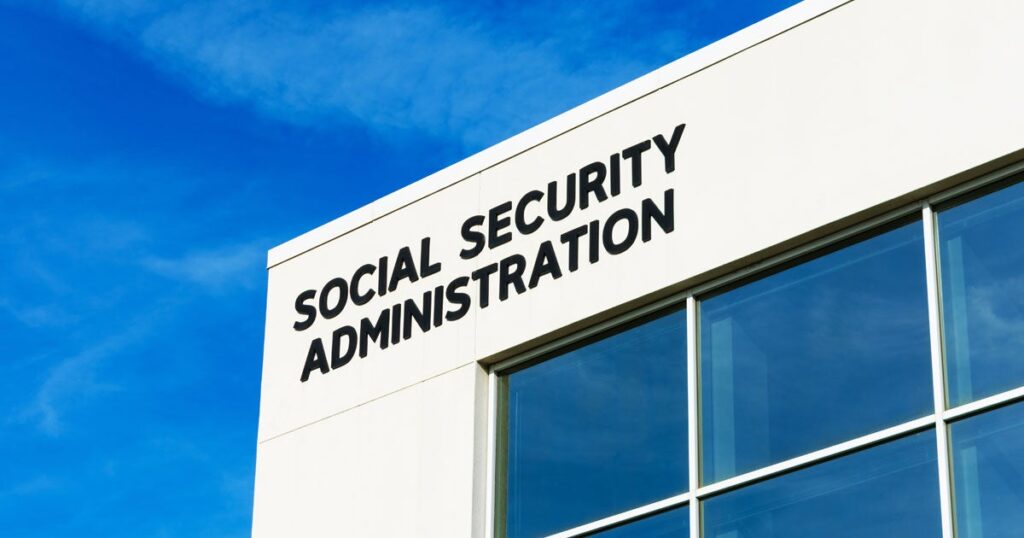Five Important Facts About Social Security You Probably Don’t Know

Social Security is probably one of the biggest federal programs, with millions of older Americans receiving monthly retirement benefits, yet few people really understand how this program works. To help people become better informed, Kiplinger compiled a list of little-known facts about Social Security. Here are five things everyone should know:
You need to make sure Social Security has your current address. Even if you use direct deposit, Social Security needs to have your correct address on file so it can mail important documents, otherwise it can stop your benefits. You can confirm or update your address online through your mySocialSecurity account.
There is a maximum benefit you can receive, no matter how much money you earned while working. Social Security uses your highest 35 years of earning to calculate your primary insurance amount — that’s the benefit you will receive at full retirement age. However, the maximum monthly benefit is currently $4,018.
Social Security will automatically enroll you in Medicare if you are receiving benefits when you turn 65. This automatic enrollment includes Medicare Part A, which covers inpatient care in a hospital or a skilled nursing facility, and Medicare Part B, which covers doctor visits and other outpatient care.
Benefits are paid in the month following the month for which they are due. That sounds complicated but what it means is that the check you receive is for the prior month’s benefits. For example, you’ll receive your July benefits in August.
Social Security doesn’t pay benefits for the month of death. A beneficiary must live an entire month to qualify for benefits, and benefits aren’t prorated. For example, if your spouse dies in July, the check received in August — which is for July benefits — must be returned. A direct deposit payment must also be returned.
The Seniors Trust is committed to improving the financial well-being of older Americans through the passage of the Social Security Expansion Act. It will give retirees an immediate benefits increase of about $200 a month, a fair annual cost-of-living adjustment (COLA), increased minimum benefits, and ensure the long-term solvency of the Social Security program.



